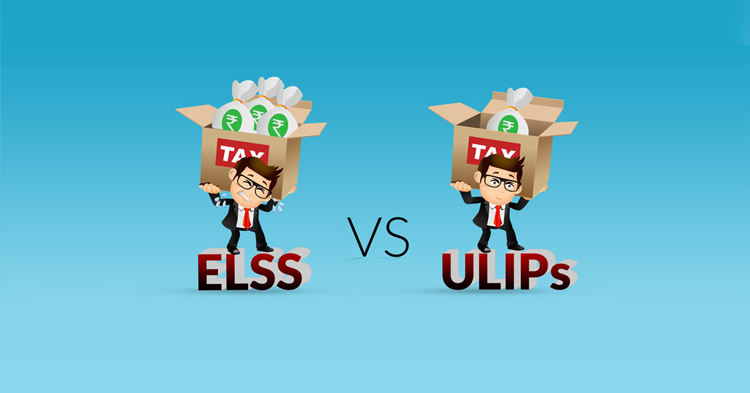OneInsure Blog
1 Simple Step to Set Your Tax Worries to Rest
Do you worry about HR's tax email every year? Are you one of those who
So, how do you get out of this rut? It’s really simple when you strategize early and stay committed. Although 10 people will give you 10 different opinions on what the best tax-saving strategies are, the following points hold true for everyone, regardless of income, age, or socioeconomic status:
- Tax-saving avenues have to be legal and have a valid paper trail
- Slow and steady tax-saving investments (monthly) are better than lump sum investments
- Invest in instruments that give tax exemptions in as many stages as possible; the stages are:
- Investment stage
- Accumulation stage
- Withdrawal stage
Keeping all of these points in mind, here is a simple yet effective solution that can set you free of tax worries for years to come.
How Does Life Insurance End All My Tax Worries?
Life insurance helps you preserve your hard-earned wealth by saving tax at every possible avenue:
- Investment Stage: Premiums paid towards life insurance are Section 80(C) compliant. This means that you can claim up to Rs 1,50,000 tax exemption when you invest in life insurance.
- Accumulation Stage: There is no tax burden during the entire policy term of a life insurance plan.
- Withdrawal Stage: The pay-outs of a life insurance plan are exempt from taxation under Section 10(10D) at both maturity as well as during claim scenarios.
How Does Life Insurance Work, Exactly?
Forming the bedrock of any urban Indian's financial planning, a life insurance policy is a means to financially secure your loved ones in the event of your demise. The whole idea behind getting a life cover is to protect your near and dear ones from a sudden loss of financial support. Life insurance gives you peace of mind. Should something unfortunate happen to you, the beneficiaries named in your insurance policy stand to receive the policy's
There are mainly 2 types of life insurance, as follows:
- Term Life Insurance - Term plans are availed for a shorter period of time, like 10 or 20 or 30 years. When you purchase a term plan, you can have the assurance that the life insurer will pay your beneficiaries a set amount if you pass away during the policy period. In return, you pay regular premiums for the term. Now, it must be noted that if you live beyond the policy term, neither you nor your beneficiaries stand to receive any benefits. However, lately, insurance companies have started offering term insurance return-of-premium plans, where premiums will be refunded at maturity.
- Whole Life Insurance - Whole life insurance provides coverage for the policyholder’s entire life or up to the age of 99, whichever is earlier, as long as the premiums are paid on time. The beneficiaries stand to receive the sum assured as well as the bonus on it upon the demise of the insured individual. The premiums on whole life plans are generally more expensive than term plans. The reason behind this is because the coverage lasts a lifetime.
To speak with insurance experts who specialize in tax-saving investments, feel free to write to us at support@oneinsure.com or call 86559-86559. We look forward to assisting you.
For other best-in-the-industry tips on tax-saving, have a read here.


 Comments
Comments

 Life Insurance, Tax Saving Instruments
Life Insurance, Tax Saving Instruments


